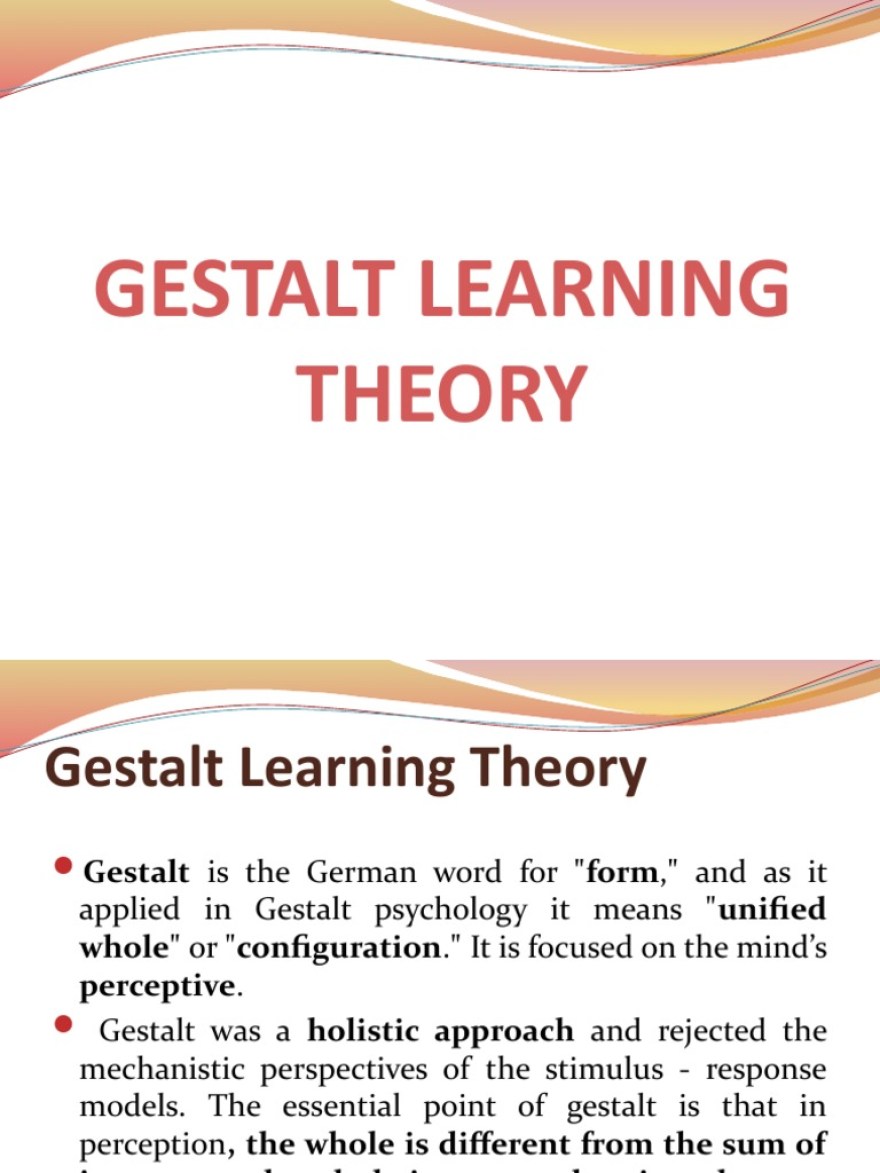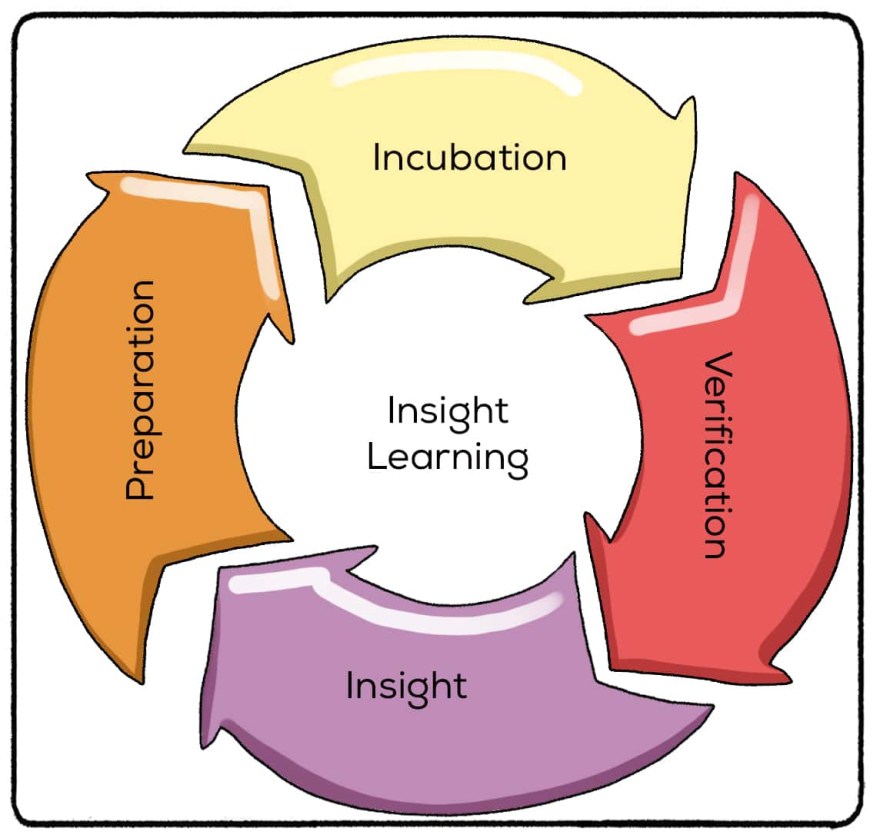The Power Of Insight: Unleashing The Law Of Insight Theory Of Learning – Learn Faster, Smarter, And Achieve Transformational Results!
The Law of Insight Theory of Learning: Unleashing the Power of Understanding
As a passionate reviewer, I have encountered various theories and concepts that have shaped the way we understand learning. One theory that has particularly captured my interest is the Law of Insight Theory of Learning. This theory delves into the importance of gaining deep understanding and insight in the learning process. In this article, I will explore the what, who, when, where, why, and how of the Law of Insight Theory of Learning, providing valuable insights and tips for both learners and educators.
What is the Law of Insight Theory of Learning?
The Law of Insight Theory of Learning suggests that true learning occurs when individuals gain insight and understanding, rather than merely memorizing or repeating information. It emphasizes the need for learners to critically analyze and interpret concepts, connecting them to their prior knowledge and experiences, resulting in meaningful learning experiences.
2 Picture Gallery: The Power Of Insight: Unleashing The Law Of Insight Theory Of Learning – Learn Faster, Smarter, And Achieve Transformational Results!


Who Proposed the Law of Insight Theory of Learning?
The Law of Insight Theory of Learning was first introduced by the psychologist and education reformer, Wolfgang Kohler. Kohler conducted extensive research on problem-solving in primates, particularly chimpanzees. Through his studies, he observed that the chimpanzees did not solve problems by trial and error, but rather through sudden insights. Kohler’s findings led him to propose that insight plays a crucial role in learning and problem-solving for humans as well.
When and Where Did the Law of Insight Theory of Learning Emerge?

Image Source: scribdassets.com
Kohler’s groundbreaking work on insight and learning was conducted in the early 20th century, during his time at the Prussian Academy of Sciences in Tenerife, Spain. His research laid the foundation for the Law of Insight Theory of Learning, which has since been further studied and expanded upon by numerous psychologists and educators worldwide.
Why is the Law of Insight Theory of Learning Important?
The Law of Insight Theory of Learning is important because it emphasizes the significance of deep understanding and meaningful learning experiences. By focusing on insight, learners are encouraged to think critically, solve problems creatively, and apply knowledge in real-world contexts. This theory challenges the traditional approach of rote memorization and promotes a more holistic and engaging learning process.
How Does the Law of Insight Theory of Learning Work?
The Law of Insight Theory of Learning operates through a three-step process: preparation, incubation, and illumination. During the preparation stage, learners gather the necessary knowledge and skills to approach a problem or concept. This involves studying relevant materials, engaging in discussions, and reflecting on prior experiences. The incubation stage follows, during which learners step back from the problem and allow their subconscious mind to process the information. Finally, illumination occurs, characterized by a sudden moment of insight or understanding. This process highlights the importance of both active engagement and reflective thinking in the learning journey.
FAQs about the Law of Insight Theory of Learning

Image Source: practicalpie.com
Q: Does the Law of Insight Theory of Learning apply to all subjects?
A: Yes, the Law of Insight Theory of Learning can be applied to various subjects and disciplines. Whether it is mathematics, literature, or even practical skills, gaining insight and understanding is essential for meaningful learning.
Q: Can insight be taught or developed?
A: Absolutely! While some individuals may naturally possess a greater inclination for insight, everyone can develop their insight through practice, critical thinking, and exposure to diverse perspectives and experiences.
Q: How can educators incorporate the Law of Insight Theory of Learning into their teaching?
A: Educators can encourage insight and understanding by designing learning experiences that promote critical thinking, problem-solving, and reflection. This can be achieved through interactive discussions, hands-on activities, and open-ended assignments that require learners to connect concepts and apply knowledge in meaningful ways.
The Benefits and Drawbacks of the Law of Insight Theory of Learning
The Law of Insight Theory of Learning offers numerous benefits for learners. By prioritizing understanding over rote memorization, learners develop critical thinking skills, enhance problem-solving abilities, and retain knowledge for the long term. Additionally, this theory promotes creativity, encourages learners to make connections, and fosters a deeper appreciation for the subject matter.
However, it is important to acknowledge that the Law of Insight Theory of Learning also has its limitations. Some learners may struggle with the concept of insight, requiring more guidance and scaffolding to reach meaningful understanding. Furthermore, incorporating insight-based learning experiences into traditional educational systems can be challenging, as it requires a shift in teaching methodologies and assessment practices.
Conclusion: Unlocking the Power of Insightful Learning
The Law of Insight Theory of Learning highlights the transformative role of insight in the learning process. By embracing this theory, learners can move beyond surface-level understanding and tap into their innate ability to gain deep insights. Educators, too, can harness the power of insight to create engaging and meaningful learning experiences. As we strive to nurture lifelong learners, let us remember the importance of fostering insight and understanding in our educational endeavors. Through insight, we unlock the true potential of learning.
This post topic: Business Law